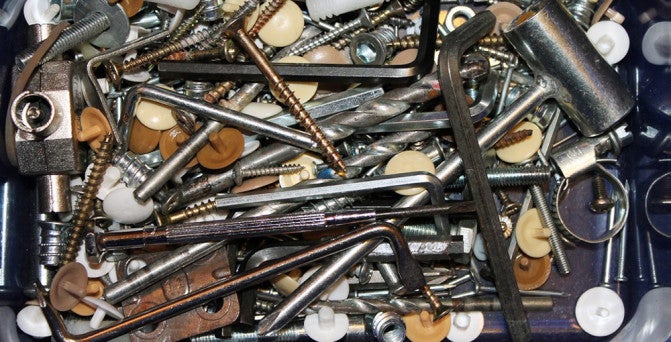
No boat should ever leave the dock without all of the legally required safety equipment, nor should one ever leave without a small tool kit onboard. No matter how carefully we take care of our boats, or how rigorous a maintenance schedule we adhere to, things happen that are beyond our control. Having a small but carefully stocked tool kit onboard allows you to deal with these small issues right away and get back to enjoying your time on the water. Or, help a friend when something goes wrong on their boat.
Here are 10 must-have items for every boat. The whole works fits in a small bag, so you can keep it easily accessible in a convenient storage locker.
Pliers
 Invaluable for tightening nuts that vibrate free, tightening loose crimps, unhooking fish and dozens of other uses, a good pair of pliers is essential. A compact pair with adjustable jaws provide maximum versatility, especially if you can locate a set with a built-in wire snipper. Insulated rubbery handles provide the best grip when wet, and always spend the few bucks extra to buy pliers made from non-corrosive, non-rusting compound like 6000-series aluminum (an easily machined alloy that includes magnesium and silicon) or stainless steel.
Invaluable for tightening nuts that vibrate free, tightening loose crimps, unhooking fish and dozens of other uses, a good pair of pliers is essential. A compact pair with adjustable jaws provide maximum versatility, especially if you can locate a set with a built-in wire snipper. Insulated rubbery handles provide the best grip when wet, and always spend the few bucks extra to buy pliers made from non-corrosive, non-rusting compound like 6000-series aluminum (an easily machined alloy that includes magnesium and silicon) or stainless steel.
Adjustable Wrench
Second only to pliers as an essential tool, an adjustable open-end wrench is unbeatable for emergency repairs to just about anything that bolts together – often used in conjunction with the pliers. A mid-sized wrench handles most marine chores, though you may want to also carry a smaller wrench for more delicate work if your boat has an abundance of small bolts and nuts. As always, stainless steel tools that resist corrosion are well worth the extra cost.
Screwdrivers
Take a look through your boat to determine exactly what sort of screwdrivers you’ll need – most boats will use Phillips or Torx heads, others may include components secured with flat-head screws. To save space, a screwdriver with interchangeable heads is the way to go, but make sure you purchase a high quality tool – many of this sort are made to be inexpensive, and built from soft metals that easily corrode. High quality tools cost more, but will work when you need them to and not strip screw heads.
Hammer
Not an obvious choice for a boat, but a small hammer is one of those tools that just isn’t that easy to properly replace when you really need it. Used with an adjustable wrench, it’s useful to help free corroded fasteners, and indispensible for fixing damage to aluminum trailer fenders or other metal parts. In a pinch, it’s also handy for dispatching any tasty fish you plan to keep for dinner.
Spare Fuses
Even if your boat has circuit breakers in its electrical panel, many aftermarket electrical components like radios, fish finders and GPS still use fuses – most commonly inline fuses located on their power cord. Take a look through your boat and see if that applies to your electrical accessories. If so, you’ll want to carry a supply of the appropriate spare fuses in your tool kit. A handful fit nicely in a small plastic container – small boxes with multiple interior compartments like the popular Plano Stowaway series allow you to sort them by type so they’re more easily accessible.
Spare Bulbs
While manufacturers have been steadily adopting LED lighting, the majority of boats more than two or three years old use bulbs for their navigation and interior lighting. Make sure you have spare bulbs and that the spare bulbs actually work. These can also be stored in a compact plastic container with the fuses.
Duct Tape
Arguably the most versatile product in the world, a roll of duct tape has multitude emergency uses in boats and on trailers. Television’s MythBusters infamously used duct tape to repair a hole in a boat they subsequently drove around San Francisco Bay, and even built a complete boat with the stuff, which was also paddled around through Pacific swells.
Electrical Tape
While duct tape will do just about anything, one area where it doesn’t shine is in emergency electrical repairs. Whether you need to perform a wire repair on the boat or on the trailer, that’s where you’ll want and need proper electrical tape to do the job right.
Tie Wraps
Tie wraps don’t seem like an obvious choice for a repair kit, but they’re one of those items that you don’t appreciate until you have them along, and see how many different ways they can be used. Carry a selection in different sizes and prepare to be amazed.
WD-40
Although it may not be the ideal lubricant for every job, a small can of WD-40 goes a long way in a boat and on a boat trailer, where constant corrosion often makes metal parts stick. Like tie wraps, once you pack it aboard you’ll be amazed you’ll find yourself reaching for it.





 Fort Lauderdale International Boat Show Preview
Fort Lauderdale International Boat Show Preview 10 Best New Boat Accessories at IBEX 2021
10 Best New Boat Accessories at IBEX 2021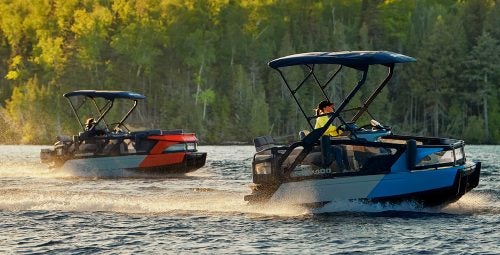 2022 Sea-Doo Switch Pontoon Boat Lineup Unveiled
2022 Sea-Doo Switch Pontoon Boat Lineup Unveiled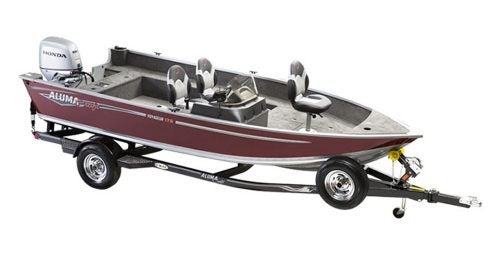 BRP Enters Fishing Boat Market with Purchase of Alumacraft Boat
BRP Enters Fishing Boat Market with Purchase of Alumacraft Boat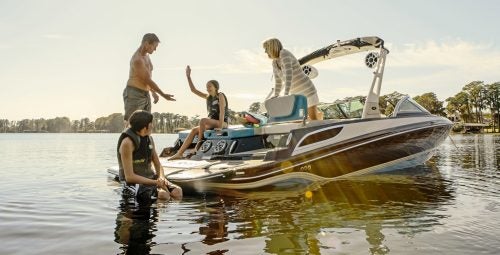 Volvo Commits To Electric Power By 2021
Volvo Commits To Electric Power By 2021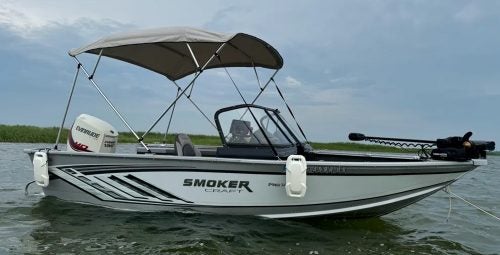 Kemimoto 4 Bow Bimini Top and Boat Bumper Review
Kemimoto 4 Bow Bimini Top and Boat Bumper Review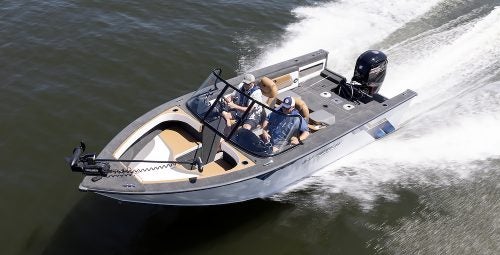 Starweld Victory 20 Review
Starweld Victory 20 Review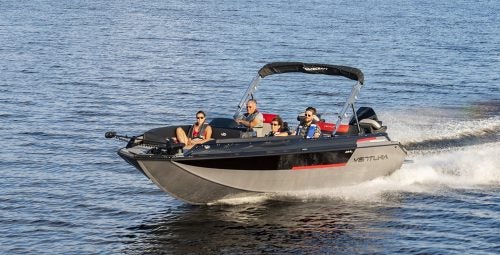 Princecraft Ventura 23 RL Review
Princecraft Ventura 23 RL Review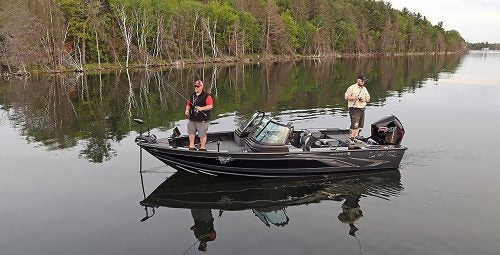 Lund 2075 Pro V Review
Lund 2075 Pro V Review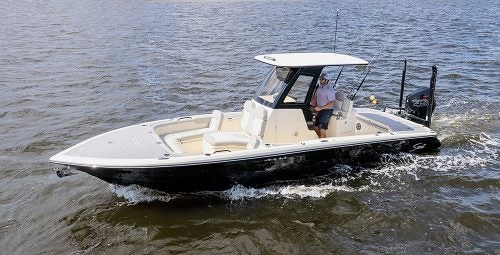 Scout 281 XSS Review
Scout 281 XSS Review Fuel Saving Tips For Boaters
Fuel Saving Tips For Boaters Best Boating Accessories
Best Boating Accessories Best Boating Apps
Best Boating Apps 5 Pontoon Boats That Are Made To Fish
5 Pontoon Boats That Are Made To Fish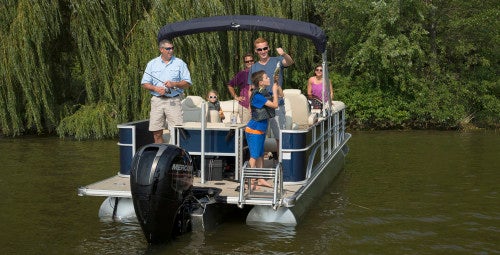 10 Great Small Pontoons
10 Great Small Pontoons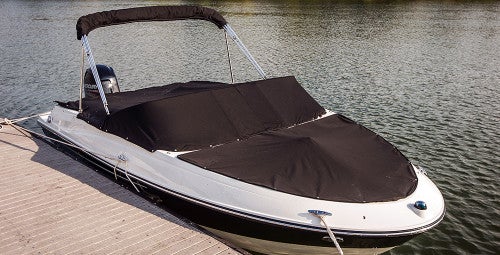 Your Boat Was Expensive—Do You Really Trust a $2 Rope From the Dollar Store to Secure It?
Your Boat Was Expensive—Do You Really Trust a $2 Rope From the Dollar Store to Secure It?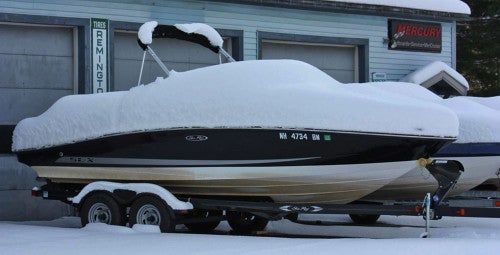 Do I Need Insurance Coverage Against Ice or Freezing Damage?
Do I Need Insurance Coverage Against Ice or Freezing Damage? What Kind Of Insurance Coverage Do I Need?
What Kind Of Insurance Coverage Do I Need?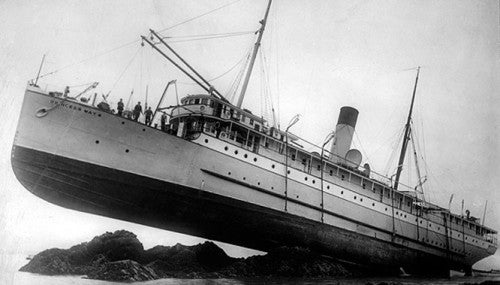 What About Salvage?
What About Salvage?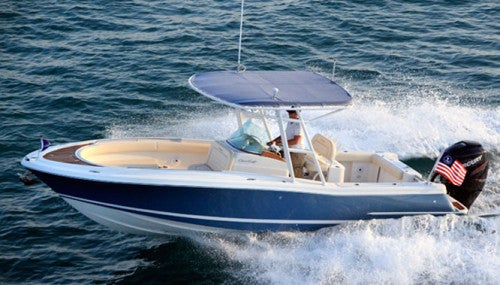 Boat Insurance or Yacht Insurance?
Boat Insurance or Yacht Insurance?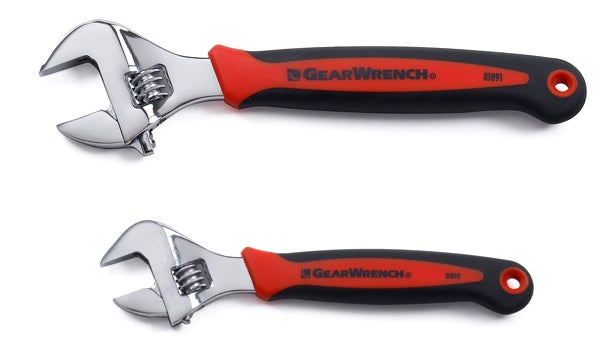

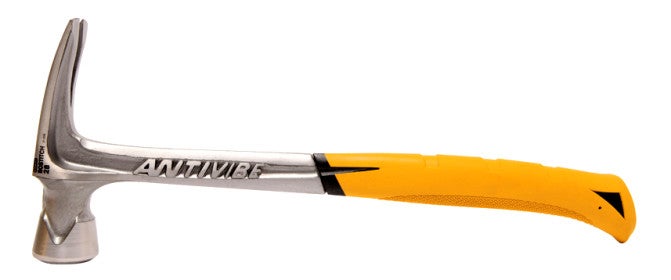
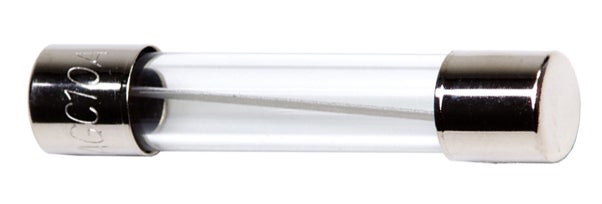
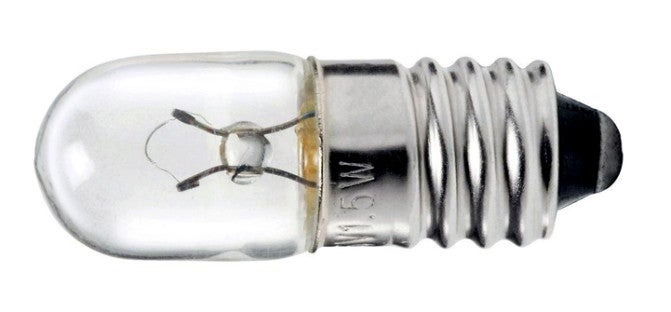

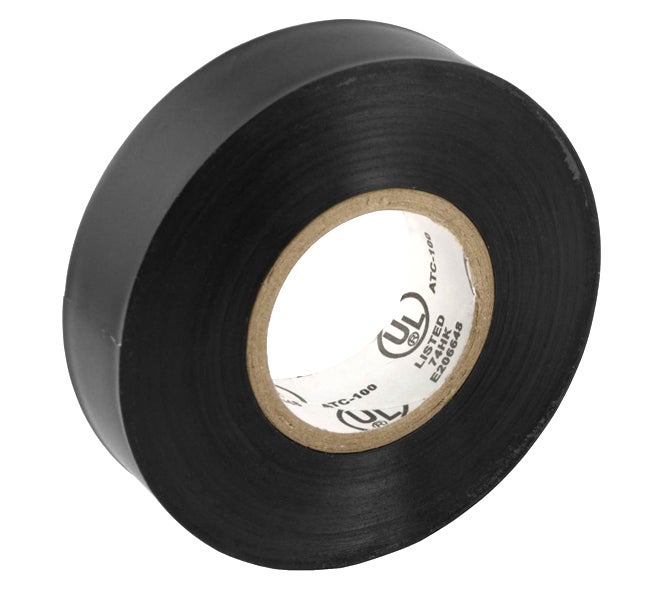
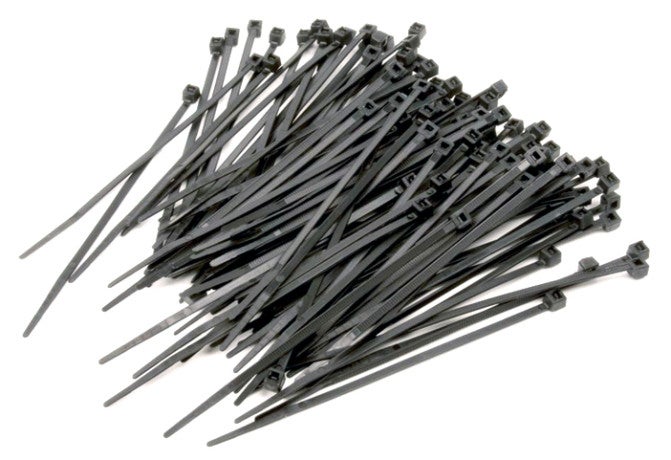
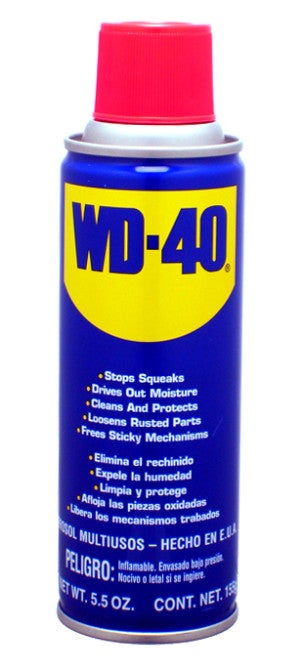
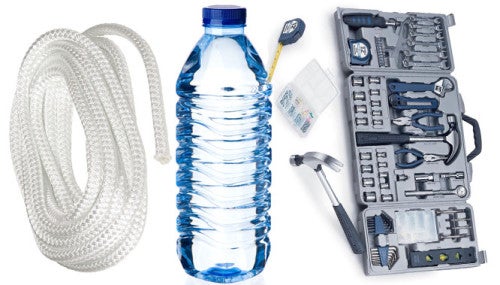
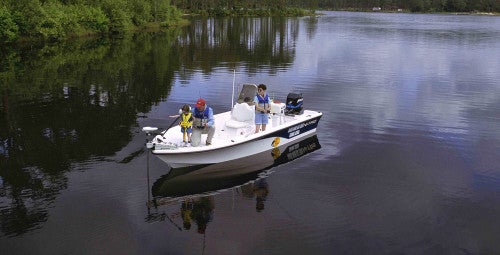
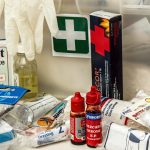

 The Best Bowriders For The Money
The Best Bowriders For The Money
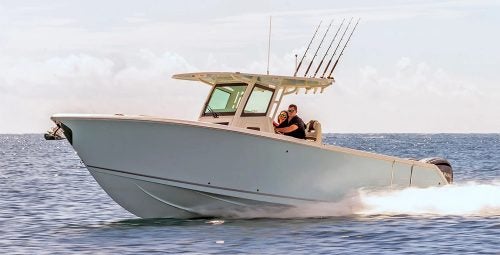 Sailfish 312CC Review
Sailfish 312CC Review
 The Wildest Concept Yachts
The Wildest Concept Yachts
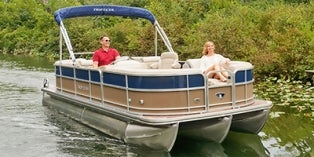 2016 Trifecta 200 Series 220FCR
2016 Trifecta 200 Series 220FCR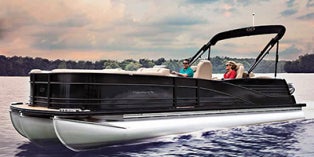 2016 Harris Grand Mariner SL 270 DL
2016 Harris Grand Mariner SL 270 DL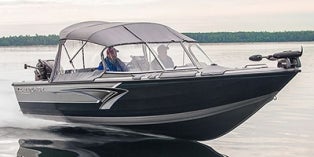 2016 Crestliner Authority 2050
2016 Crestliner Authority 2050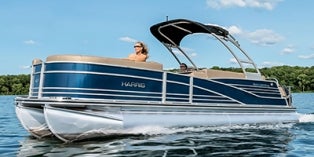 2016 Harris Grand Mariner SL 230 DLDH
2016 Harris Grand Mariner SL 230 DLDH
